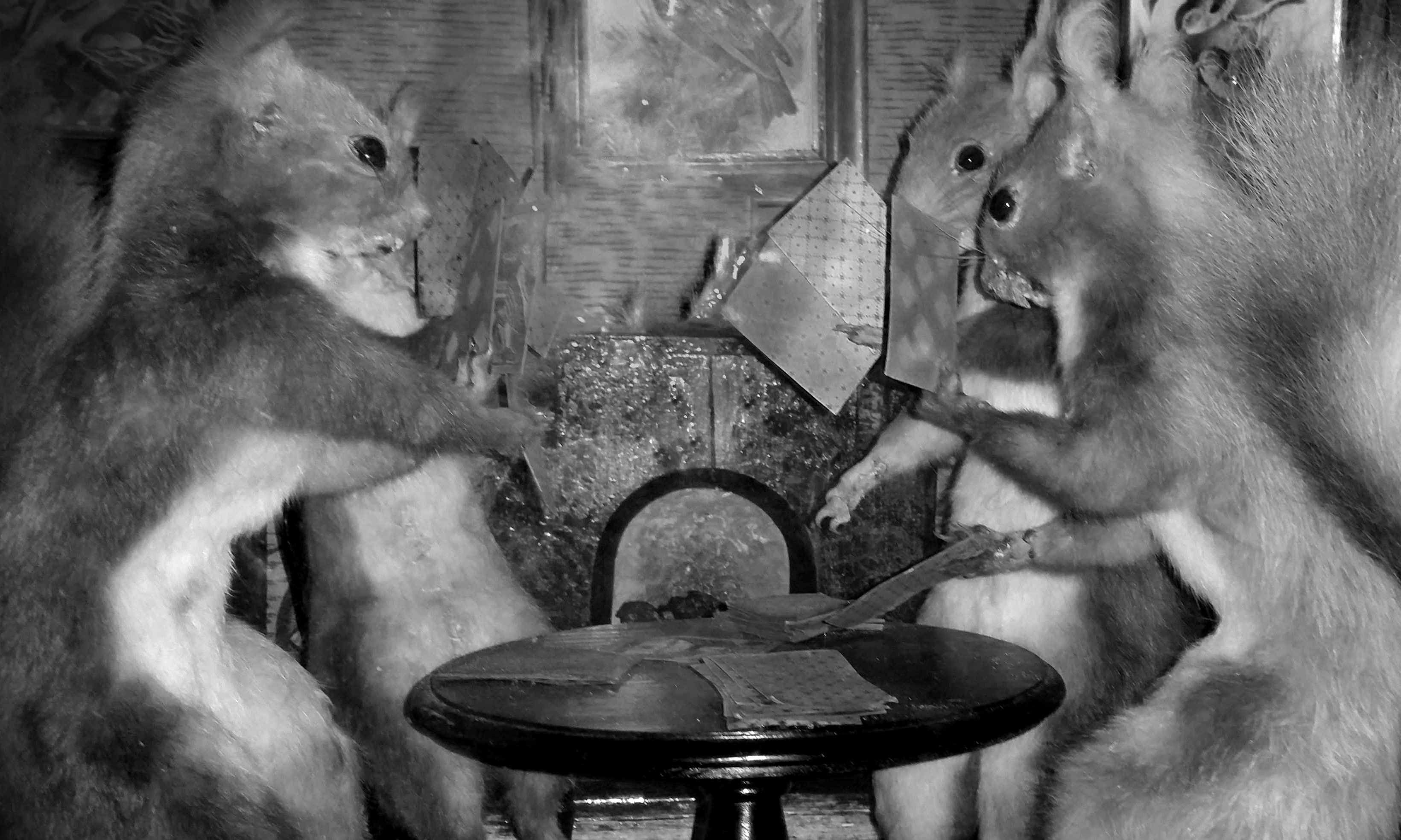Imposter!

I’ve several times recently read of people announcing that they suffer from imposter syndrome – and they talk as if it were a bad thing. They think themselves disadvantaged.
Anyone who is any good at their job feels imposter syndrome. If you feel like an imposter – particularly if you care about what you do; if you always feel as if you’re about to be found out for the useless person you are, that’s not only perfectly normal, it would be worrying if you didn’t feel like that. (Not every minute of every day, of course, that would be incapacitating. But often enough.)
It doesn’t make you a victim. It’s not something done to you and deserving of sympathy.
You do it to yourself because you’re a perfectionist and you know how well things could have gone. You know what a wondrous, glorious castle it was going to be when you started building; and you can now see that you have achieved something much less grand. More of a garden shed. It’s a very nice garden shed, and nobody much seems to notice; but you know what it should have been, and that you have failed, and that one day they’ll find you out for what you are.
Why is this suffering a good thing? Because if you have no self-doubt, you are probably wrong. A big statement, yes; but look around you. There’s no shortage of people fitting the description.
Your sense of inadequacy is important, because smugness leads to downfall. Often when you feel that you’re most in control of your life and your art; when you think perhaps you are damn good, after all – isn’t that the time when nobody likes your work, or when you suddenly realise that you’ve made some horrible mistake?
So you should cherish your imposter syndrome. Keep it warm and keep it close. Because, really, it’s what keeps you good at what you do.
